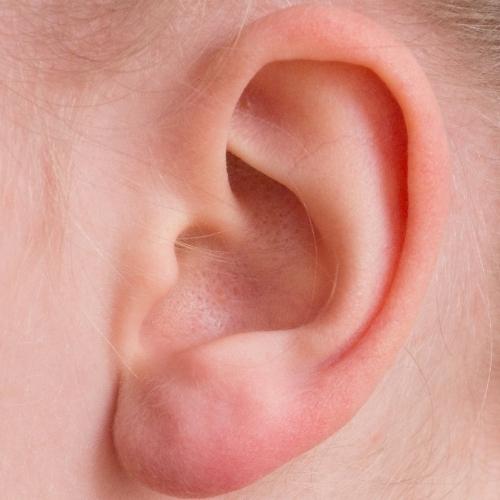Key points from article :
Age-related hearing loss has been associated with the decline in number of healthy hair cells.
Hair cells in cochlear transform the vibration of cochlear-filling liquid into electrical impulses to be registered as sound.
Humans and other mammals are incapable of regrowing hair cells.
As mice age, they need sound to be louder for their brains to register it.
Healthy mice were divided into a study group and a control group at the age of 14 months, corresponds to 50 human years.
Study group received food enriched with rapamycin.
Rapamycin significantly rescues hearing over the remaining lifespan of mice.
This effect seemed to wane for the lowest measured frequency (4Hz) in the oldest mice.
Rather than promoting the survivability of hair cells, rapamycin helps to maintain the function of cells that remain.
Did not detect any sex-related differences.
Rapamycin is far from being the miracle cure to defeat aging.
Study by University of Michigan published in Frontiers in Cellular Neuroscience.






